Well yesterday I noticed this strange formula. Would it be that 7 is a magic number and I would go from rational to irrational – though start-ups are often irrational aventures too? No: 7 is not alone, the formula applies to 5 [25=24+1], 3 [9=8+1], and so on: 11, 17. So prime numbers? Not even, true for any integer… I felt a little stupid when I found it is just a particular application of a^2 – b^2 = (a-b) x (a +b)!!
I love maths, but maths is not just magical numbers, it’s much broader. And I love to read books on the topic. There is poetry and beauty in math, for sure. To conclude this unusual post, here is a list of books I enjoyed reading in the past. In no particular order, but thematic.
There are still “many” unsolved problems in mathematics. The most famous one is probably proving the Riemann hypothesis. Here are 2 books developing the story:
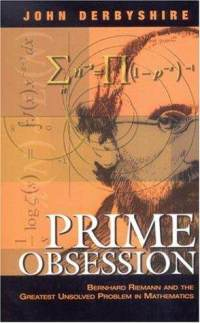 |
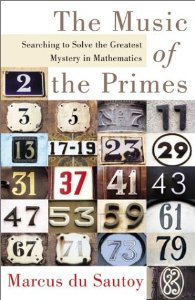 |
(Please click on image for a link to the book)
Indeed there is a million-dollar prize offered to 7 such problems by the Clay Institute. And the first solved one is the Poincare Conjecture by Grigori Perelman. Perelman declined the prize but this is another story!
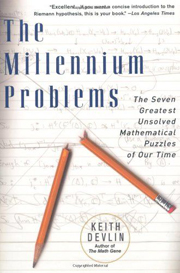 |
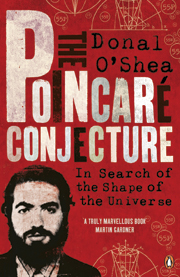 |
Before the Millenium problems, there were the Hilbert Problems. At the time, the Fermat theorem was probably the most famous challenge!
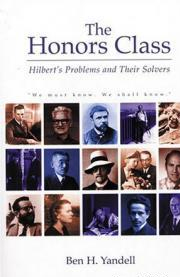 |
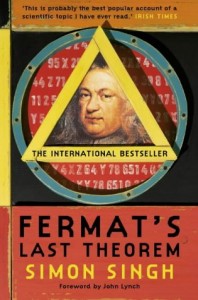 |
And as 2 last examples, but I could mention so many more, here are two biographies of extremely strange geniuses, Srinivasa Ramanujan and Paul Erdös
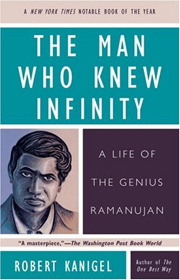 |
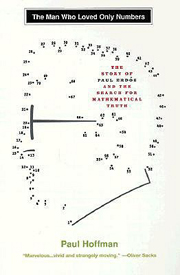 |
Maybe one day, I’ll be back with more on the topic of math and more broadly about popular science books! Don’t hesitate to give me examples and advice 🙂
NB: if you want to check the French versions, go to the article: https://www.startup-book.com/fr/2012/11/19/7-x-7-7-1-x-71-1/

Hervé (probably you know this one, but just in case), is a mix of thriller and math, really exciting, from a french writer:
http://www.amazon.fr/The-Parrots-Theorem-Denis-Guedj/dp/0312303025/ref=sr_1_1?ie=UTF8&qid=1353528904&sr=8-1